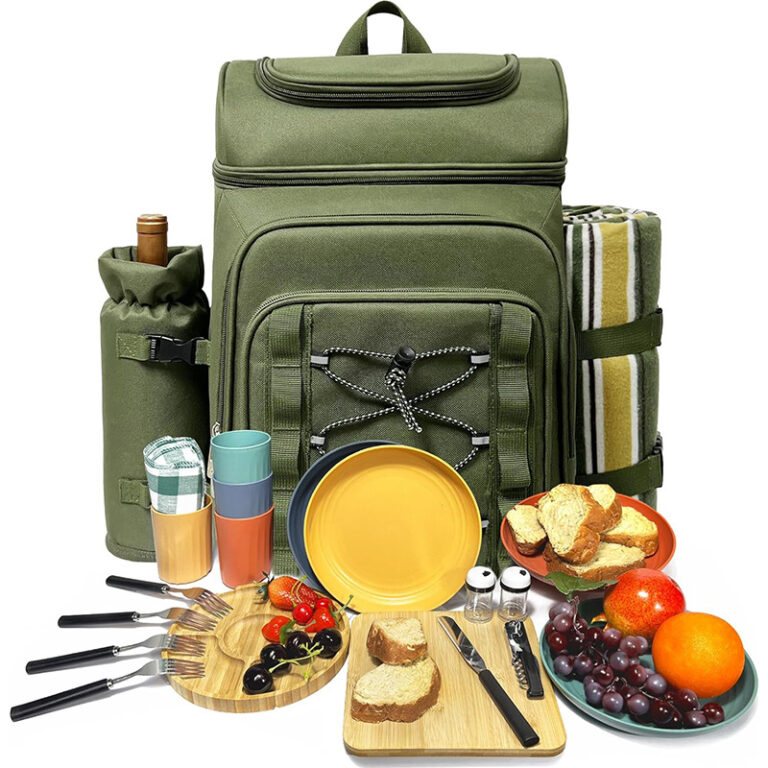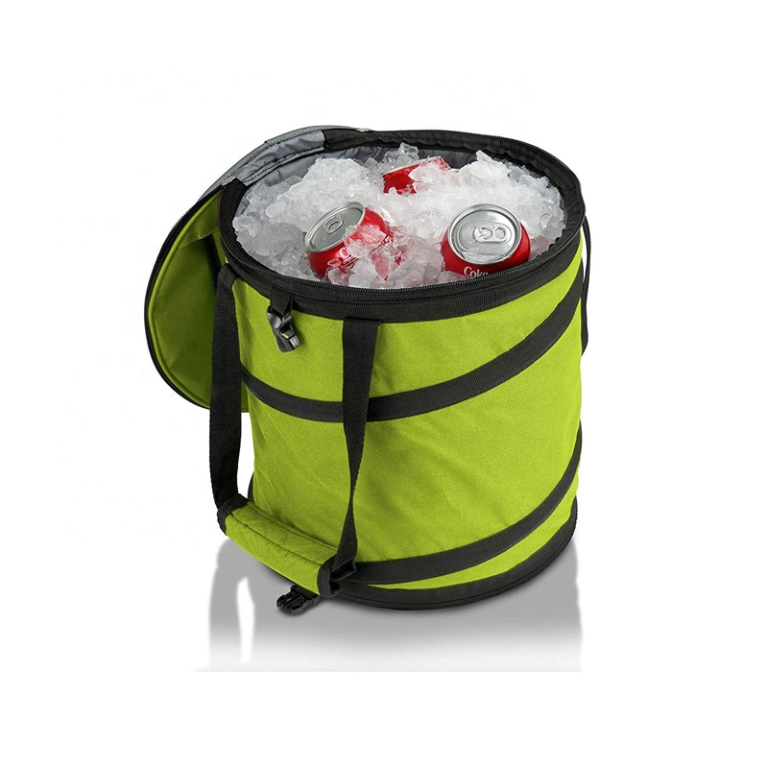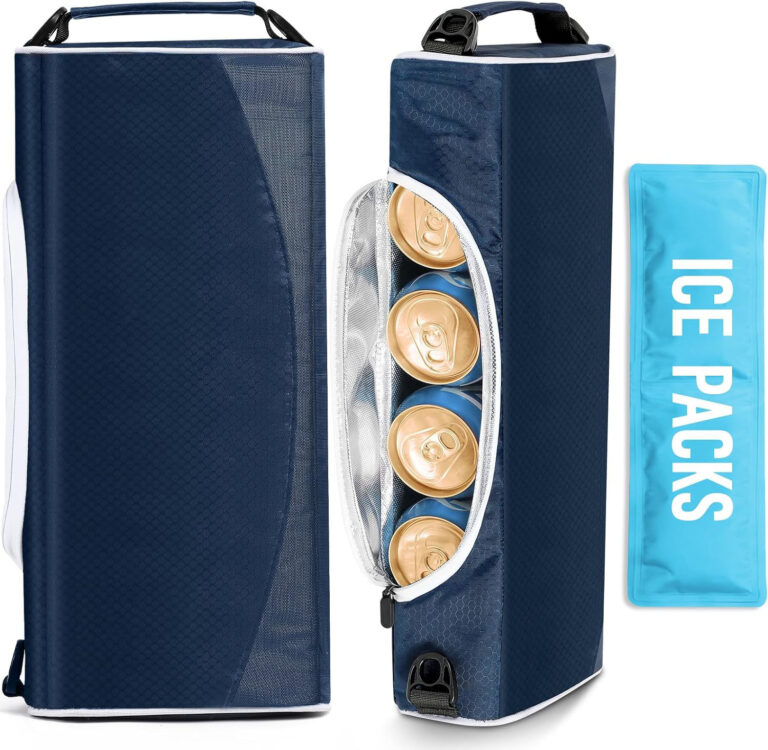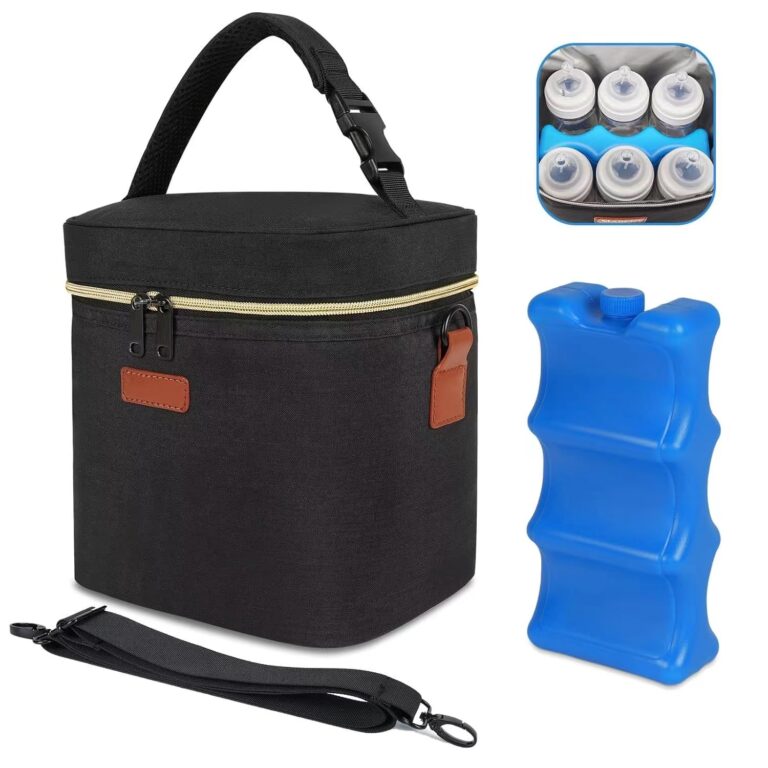Large Cooler Bag: A Sustainable Solution for Modern Lifestyles
In an era where environmental consciousness is reshaping consumer choices, large cooler bags have emerged as a symbol of practicality and eco-responsibility. These versatile accessories, designed to keep food and drinks fresh during outdoor adventures or daily errands, are now being reimagined using sustainable materials that reduce carbon footprints and promote circular economies. This article explores the evolution of large cooler bags, their role in modern lifestyles, and how innovative materials are transforming them into eco-friendly essentials.
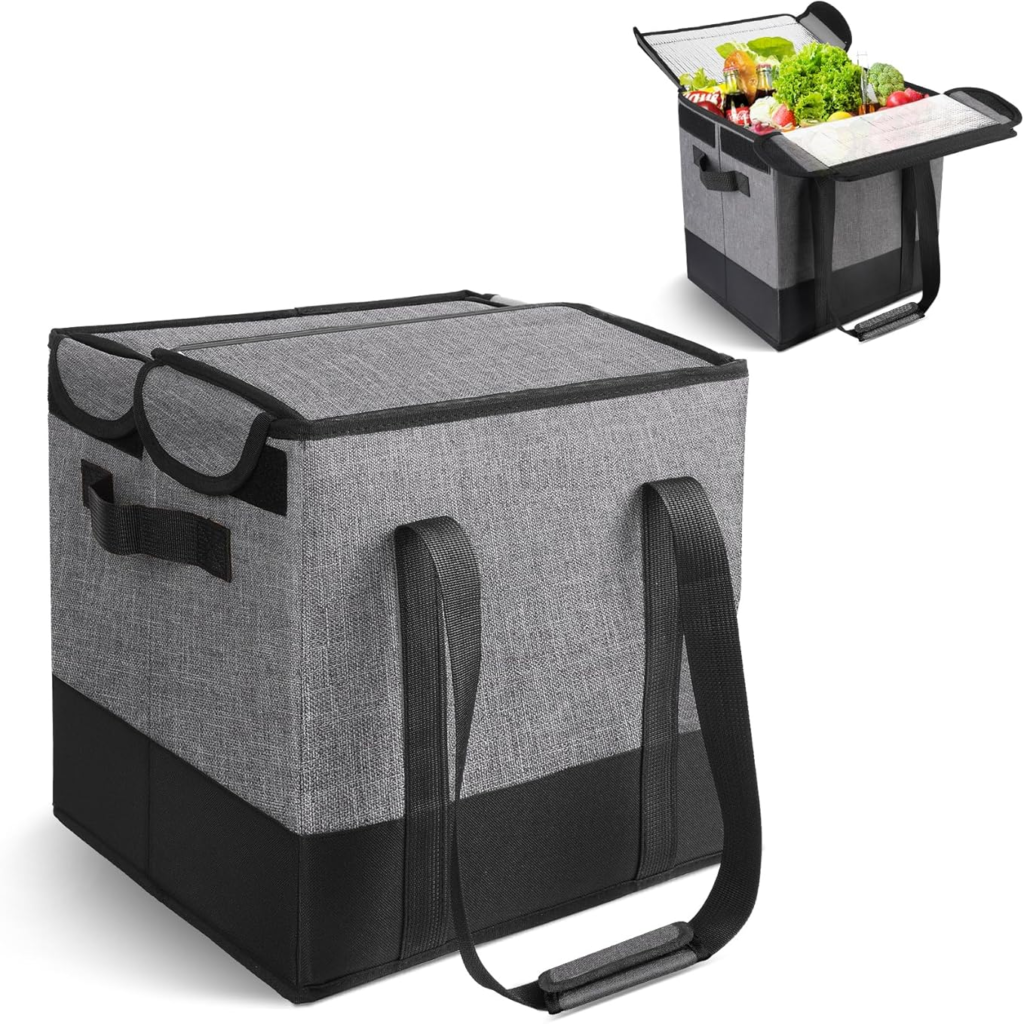
The Rise of Large Cooler Bags
Large cooler bags have become indispensable for a range of activities, from beach trips and camping to grocery shopping and picnics. Their capacity to hold up to 35 liters of food, drinks, and ice makes them ideal for group outings or family use. 例如, a 20-liter cooler can typically store 30 cans of soda or 20 bottles of water, ensuring everyone stays hydrated during long trips .
The demand for these bags has surged with the growth of outdoor recreation and the popularity of sustainable living. Consumers now seek products that align with their values, prompting manufacturers to prioritize eco-friendly designs. According to market reports, the global cooler bag market is projected to grow at a compound annual growth rate (CAGR) of 6.2% from 2023 to 2030, driven by rising awareness of environmental issues and the need for reusable alternatives to single-use plastics .
The Environmental Impact of Traditional Cooler Bags
Traditional cooler bags often rely on non-recyclable plastics, synthetic foams, and harmful chemicals. These materials contribute to pollution and resource depletion. 例如, conventional coolers made from polyethylene (PE) or polyvinyl chloride (PVC) require fossil fuels for production and take centuries to decompose in landfills .
The production of these materials also emits significant amounts of greenhouse gases. According to the Embodied Carbon Footprint Database, the manufacturing of 1 kilogram of polyester releases approximately 19.15 kilograms of CO₂ equivalent (CO₂e), while cotton production contributes 25.98 kilograms of CO₂e per kilogram . This environmental toll has spurred innovation in sustainable materials.
Sustainable Materials Reshaping the Industry
1. Recycled Polyester: Giving Plastic Bottles a New Life
Recycled polyester, derived from post-consumer plastic bottles, has become a cornerstone of eco-friendly cooler bags. Brands like Patagonia and Igloo use this material to create durable, water-resistant exteriors. 例如, Igloo’s ECOCOOL® collection repurposes plastic yogurt cups and milk jugs into high-performance cooler shells, saving up to 88% of energy compared to virgin plastics .
Each cooler bag made from recycled polyester can divert up to 25 plastic bottles from landfills. This not only reduces waste but also lowers carbon emissions. A study by Circular Ecology found that using recycled polyester in textiles can cut CO₂e emissions by 60% compared to virgin polyester .
2. Bio-Based Plastics: Compostable and Climate-Friendly
Bio-based plastics, such as polylactic acid (PLA) and polybutylene adipate terephthalate (PBAT), are revolutionizing cooler bag insulation. These materials, often sourced from corn starch or sugarcane, are biodegradable and compostable. 例如, the insulation in some cooler bags is now made from algae-based materials, which not only provide excellent thermal resistance but also help remove excess algae from waterways .
Brands like TerraCycle and EcoCooler are incorporating PLA liners into their designs. These liners break down naturally in industrial composting facilities, reducing reliance on petroleum-based plastics. In fact, PLA production emits 50% less CO₂ than traditional plastics, making it a game-changer for sustainability .
3. Organic Cotton: A Breathable, Chemical-Free Alternative
Organic cotton, grown without pesticides or synthetic fertilizers, is used for cooler bag linings and straps. This material is soft, breathable, and biodegradable. Companies like Patagonia and Everlane integrate organic cotton into their designs, ensuring that even the smallest components of a cooler bag are eco-friendly. Organic cotton farming also conserves water and soil health, supporting sustainable agriculture .
4. Reclaimed Rubber: From Tires to Durable Handles
Reclaimed rubber, sourced from old tires or industrial waste, adds durability to cooler bags. This material is used for handles, bases, and non-slip surfaces, providing grip and stability. 例如, some cooler bags feature reclaimed rubber feet that protect the bag from rough terrain while reducing waste .

Innovations in Design and Functionality
Sustainable cooler bags are not only eco-friendly but also technologically advanced. Brands are integrating smart features to enhance performance and user experience:
- Solar-Powered Cooling: Some cooler bags now include solar panels that power built-in fans or USB chargers, extending ice retention and keeping contents cool for longer periods .
- Insulation Technology: Advanced insulation materials, such as aerogel and vacuum-sealed layers, maintain temperature stability for up to 48 小时, reducing the need for single-use ice packs .
- Modular Designs: Convertible cooler bags with removable compartments and adjustable straps offer versatility for different uses, from grocery shopping to hiking .
Choosing the Right Sustainable Cooler Bag
When selecting a large cooler bag, consider the following factors:
- Material Transparency: Look for certifications like Global Organic Textile Standard (GOTS) or Biodegradable Products Institute (BPI) to ensure materials are sustainably sourced and certified.
- Durability: Opt for reinforced stitching, water-resistant coatings, and sturdy handles to ensure the bag withstands frequent use.
- Insulation Performance: Check for thick foam or vacuum-insulated layers to maintain temperature control.
- Brand Ethics: Support brands with clear sustainability policies, such as Patagonia’s commitment to using 100% recycled polyester or Igloo’s dedication to reducing plastic waste .
The Future of Sustainable Cooler Bags
The cooler bag industry is evolving rapidly, driven by consumer demand and technological innovation. Here’s what to expect in the coming years:
- Circular Economy Models: Brands like Patagonia are adopting take-back programs, recycling old cooler bags into new products to minimize waste .
- Smart Cooling Solutions: IoT sensors and Bluetooth connectivity will allow users to monitor temperature and track energy usage in real time .
- Alternative Materials: Emerging materials like mushroom-based composites and seaweed-based plastics are being tested for insulation and durability .
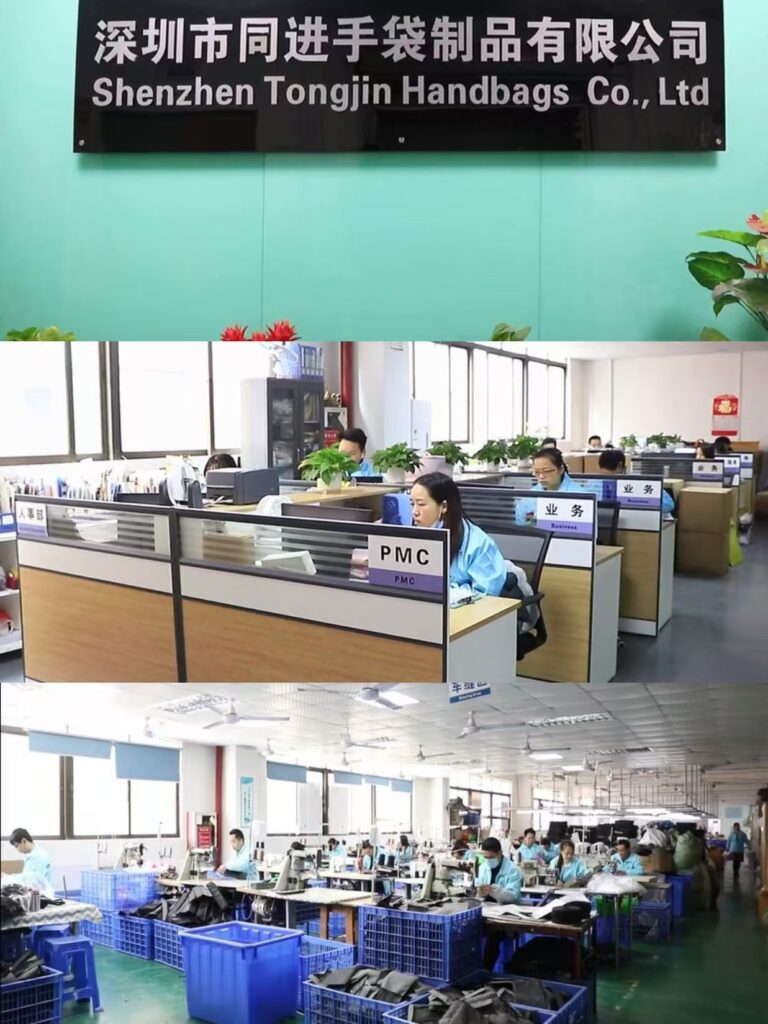
结论
Large cooler bags are no longer just accessories—they’re a statement of environmental responsibility. By choosing sustainable materials like recycled polyester, bio-based plastics, and organic cotton, consumers can reduce their carbon footprint while enjoying the convenience of these versatile products. As the industry continues to innovate, the future of cooler bags promises even greater sustainability and functionality, ensuring that eco-conscious choices are both practical and stylish.
Ready to make a sustainable choice? Explore our collection of large cooler bags crafted from recycled materials and designed for durability. Visit [your website] to discover the perfect eco-friendly companion for your adventures.
Tags:化妆包,tactical backpack
联系我们 批发报价

